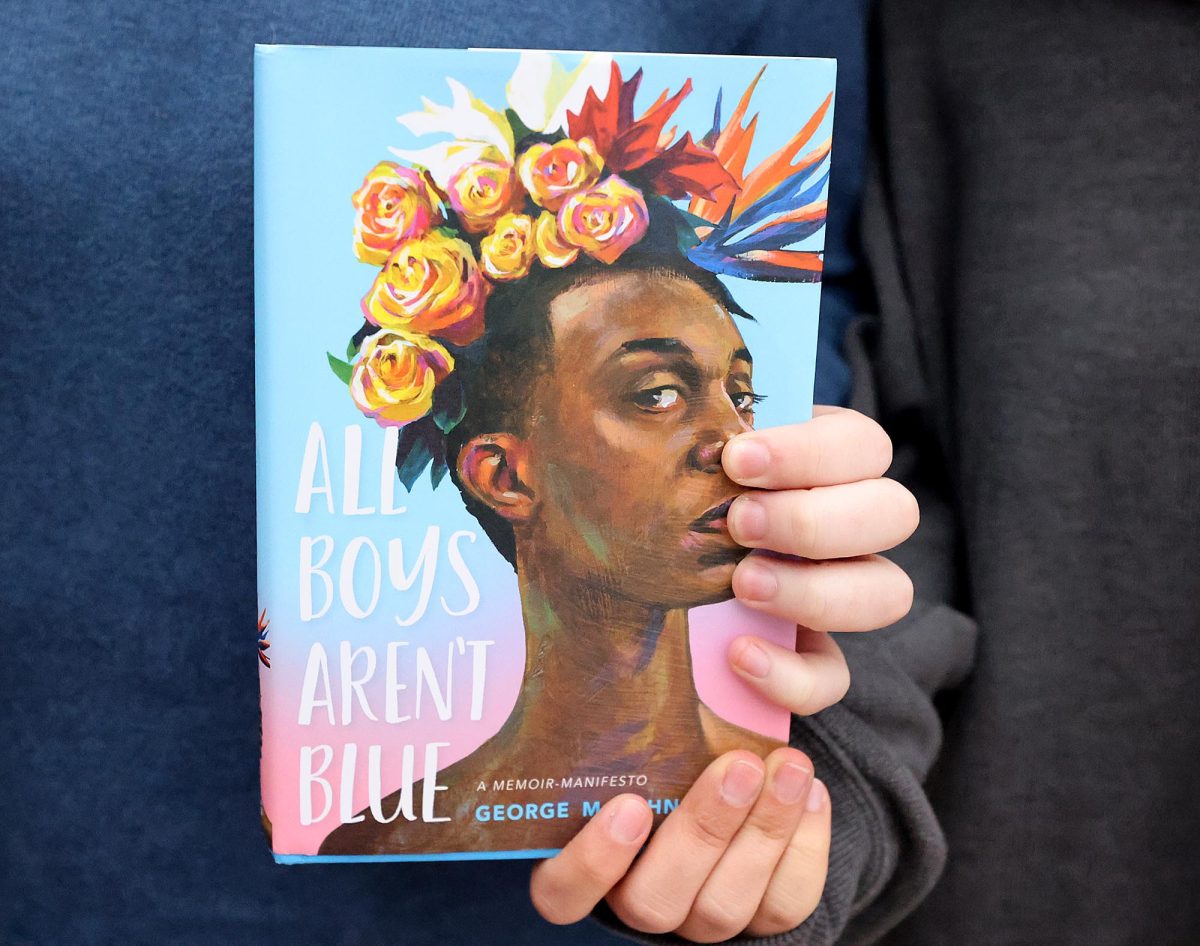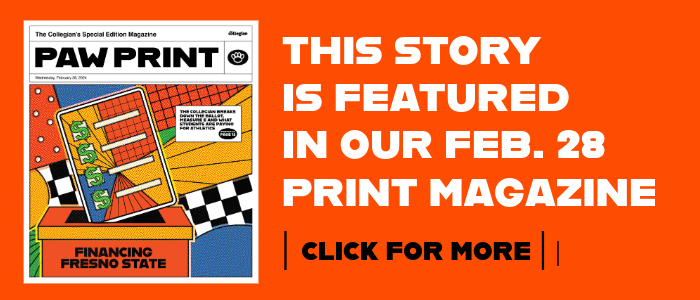This story is part two of a two-part series. The first part can be found in the Opinion section.
One book that has been heavily contested by parents and is now known as “one of the most banned books” from schools according to NPR is the memoir manifesto “All Boys Aren’t Blue” by George M. Johnson. This novel follows the experiences of Johnson as he comes to terms with his gay identity and balances that with being a Black man.
Johnson navigates exploring his identity, immortality and intersectionality throughout his novel, providing personal testimonies and detailing the emotions he dealt with during those experiences.
Some of the experiences he touches upon, include navigating a Black family dynamic and the struggles one might face coming out as LGBTQ+ to their family. Through this, he provides insight for other Black, LGBTQ+ readers about how they too might navigate coming out.
Johnson also shares the event of losing his virginity to a man and the emotional and physical pain that came along with this experience. This is the part of the novel that has been contested due to the description of how this type of sexual experience occurs.
Understandably, parents would not want their children exposed to this complex sexual experience at a young age. However, banning high school students from reading this novel will hurt students who are finding themselves in a similar situation and are not aware of how to navigate through their experiences.
”The curriculum that is being taught in most school systems is still heavily geared towards the straight, white, male teen,” Johnson said in an interview with NPR. “And so when we now have the ability to put books into curriculum that tell other stories, that tell stories that are non-white, that tell stories that are non-heterosexual. They’re trying to take them out across the board because, you know, it’s like, ‘Oh, my God, how dangerous would it be if young white teens had to actually learn about the other people who exist in society with them?’”
Johnson shared how he has garnered positive responses from readers and the impact his book has had on them.
“Students have publicly said on record that works like mine have saved their lives,” Johnson said. “Works like mine have helped them name their abusers. Works like mine have helped them come to terms with who they are and feel validated in the fact that there is somebody else that exists in the world like them, and you want to remove that from them.”
I am the antithesis of Johnson’s intersectionality. Johnson is a Black, gay, American man, while I am a white, heterosexual, immigrant woman. Yet, I was able to connect to Johnson’s story and learn more about the experiences of those in the LGBTQ+ and Black communities. Not identifying with Johnson did not prohibit me from enjoying and connecting to his writings.
Johnson’s book was an emotional and eye-opening read, one that I would encourage everyone to read and to fight against the act of this book being banned. This novel is more than just a person’s life story, it is an educational journey for both those belonging to the LBGTQ+ community and those who are outside of it.






